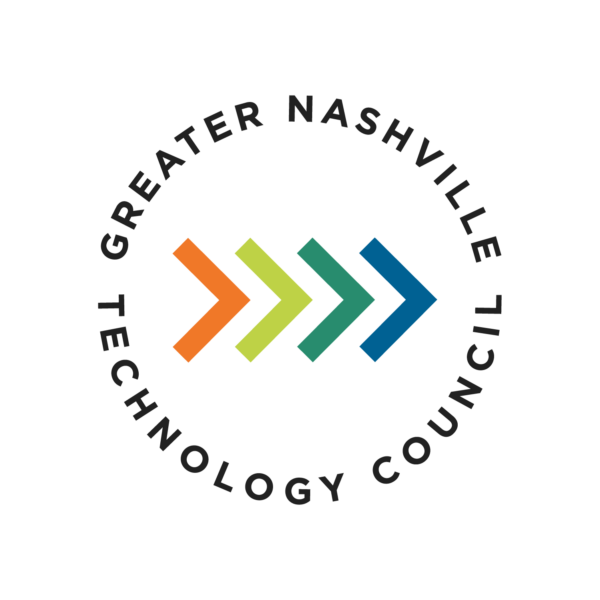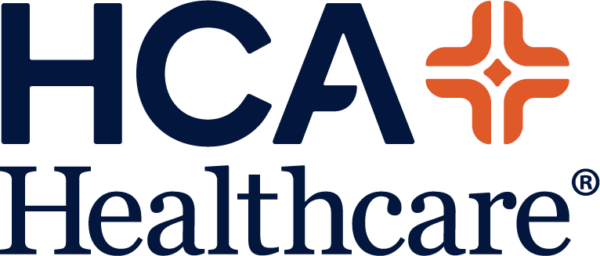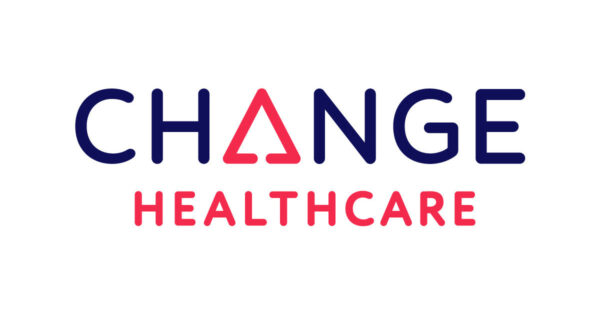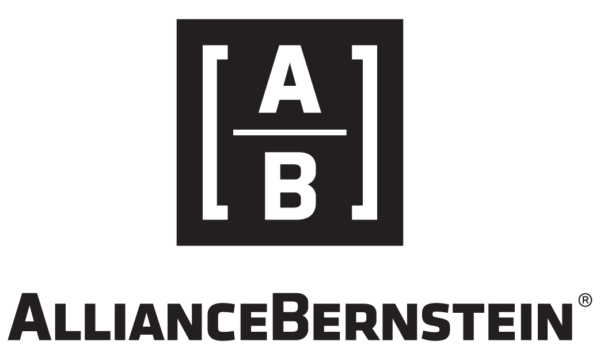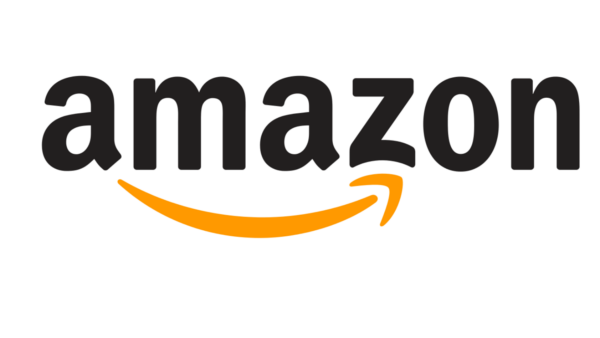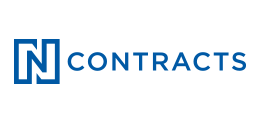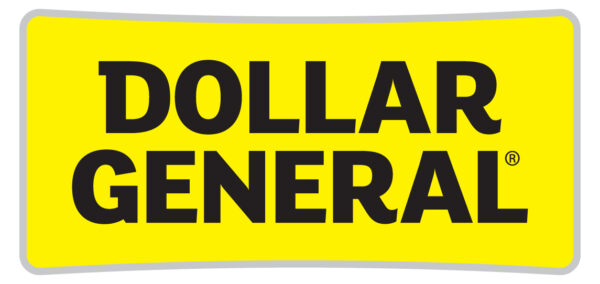In the era of “big data,” the information voluntarily provided by consumers is a commodity. This information is collected and used by organizations to help them figure out how to market to other potential customers.
When done responsibility, collecting information about consumers can be a great thing. When mined by unscrupulous parties, information collecting can strip consumers of their digital rights and privileges right to privacy.
Coming to Nashville from Boston in 2021, the startup Tiki is a data ownership platform. It brokers information between consumers and organizations. For the consumers, it assures that only this information goes out. In addition, it aggressively protects the privacy of those online by removing additional data consumers don’t want to give. And with data being valuable and all, Tiki helps consumers make money off of data they allow organizations to have. On the other hand, for the organizations, Tiki provides them with the essential information they need to transact business effectively online.
Now with regard to the consumers, paying them for how their data is used might sound too good to be true. However, Tiki believes that there’s fortune to be made from consumer data. Tiki’s company website explains how this is possible, “In 2020 alone, the data on our behavior and purchases was worth more than $382 billion in advertising revenue.”

Big Data, and Big Business Opportunities
Mike Audi is the founder and CEO of Tiki. Yet ironically, it’s a business that he wishes he didn’t have to form. However, in doing so, he’s recruited over 130,000 people onto the waitlist for Tiki’s services, with 30,000 active beta testers. Tiki has also generated $400,000 on the regulation crowdfunding platform Start Engine. The total amount of money raised by Tiki as of December 2021 is $640,000.
Obviously, Tiki is a concept that is capable of generating revenue. But what motivated Mike to start the business in the first place?
“We started Tiki because [consumer data privacy] is a problem that impacts all of us,” Mike explains. “It’s a problem that I’ve been passionate about for a long time.”
Mike shares that his entire career has been focused on data. He believes that the premium value now placed on data was inevitable, and that consumer data will continue to become even more valuable. He says, “I’ve been worried and concerned about the path that we’ve been on, and its impact on individual freedom and liberty for a long time.”
That said, Mike waited for the right time to do something about protecting consumer privacy. With data being an intangible good when collected in small transactions, he notes that it took the public a while to become concerned about data collection. He says that 2020 was a “boiling point” for worries about data privacy. Many consumers were worried about their data long before COVID-19. But that year saw a surge of virtual work environments, and government initiatives that collected data to combat the pandemic. Thus, Tiki was founded to help consumers take control of their data.
Taking Ownership of Privacy
So how does Tiki protect the consumer while still collecting their valuable data?
Mike explains how Tiki works through the example of possessing a vehicle. He says, “If you own a car, you decide who drives your car. And if you sell your car, you get money for your car. These companies, by the way, go around saying ‘it’s your data.’ Implying that you own it. But then they sell it, and they keep the money.”
Following through with his example, Mike says that if a third-party sold your car, you would naturally demand compensation for your vehicle. According to Mike, there are some circumstances in which consumers are totally unaware that their data is being tracked. He states, “We lost—somewhere along the way—the right to ownership of our data!”
To counter this unsettling trend, Tiki provides three features to those on its platform. First, consumers can see who has access to their data, and can map their data usage. Second, users get to control who can access their data. Third, after selecting the right partners, Tiki consumers can make money off of their data.
Of course, there is a veritable minefield of worries when it comes to data collection. Governments and companies spy to learn more about people. These actions of surveillance fly in the face of public proclamations that our nation honors the privacy of individuals. Thinking ahead, Mike wonders how illicitly-captured data could be exploited. Technologies like genetic engineering, quantum computing, neuralink systems, and deepfakes are all potential avenues for abuse.
The Economy of Information
Tiki’s outlook is that regulations and privacy measures can be and often are ignored by some companies who collect data. “Companies are now taking a tactic of ‘make us stop.’ ‘We’re still going to do it—even if people are opting out of it,’” Mike warns. He adds that Apple’s recent privacy changes only work if companies are willing to honor it.
Mike believes that people have been conditioned to accept that tech companies are bigger than social responsibility. The effect of this is that modern consumers feel helpless on deciding how their data gets used.
“That’s how it feels. But it’s not true…” Mike says. “They’re ultimately subservient to people.”
Tiki’s platform is open source for mobile device users. This allows the public to see how the system works, and ensures that Tiki honors its promises to protect privacy. All consumers are anonymous and their data is encrypted. This data gets turned into non-fungible tokens (NFTs).
“We had to invent a new way to make billions and billions of NFTs at fractions of a penny,” Mike says. But NFTs are only a portion of the novelty. “We’ve had to build everything from scratch because it’s not how traditional technology ever was.”
Starting a New Company in the Right City
Tiki’s relocation to Nashville was determined by the company’s need to anchor itself in an innovative port. “We really wanted a physical place to call ‘ours’. An idea like this doesn’t lend itself well to a city like Boston….”
Mike believes that startup communities like Boston’s are for more traditional businesses. On the other hand, Mike was already familiar with Nashville from past work visits. He was inspired by the area’s free-thinking culture and revolutionary business ideas. Mike also took a page from the Zappos company playbook, which is to “move where the people are or want to be if you want to grow fast.”
“Nashville’s becoming more and more of a tech hub anyways,” he says.
Mike wants Tiki to be part of Nashville’s tech ecosystem. And to do that, he wants to recruit as much local engineering talent as possible throughout 2022.
“More important than any tech skills is finding people that are as passionate about solving data privacy as we are,” Mike says.
Looking ahead, Mike estimates that Tiki will be out of its beta-testing phase in Q3 of 2022. Tiki projects that 250,000 consumers will be signed up for the platform by then. The data marketplace for organizations/consumers will also be accessible around that same period of time.
For further information about Tiki, be sure to visit its website and social media.


